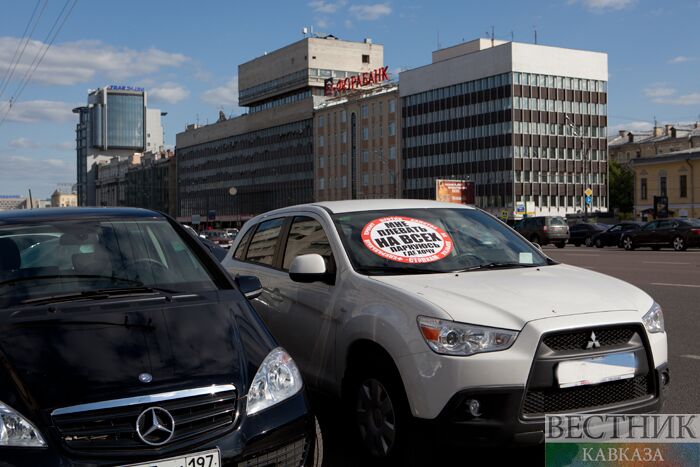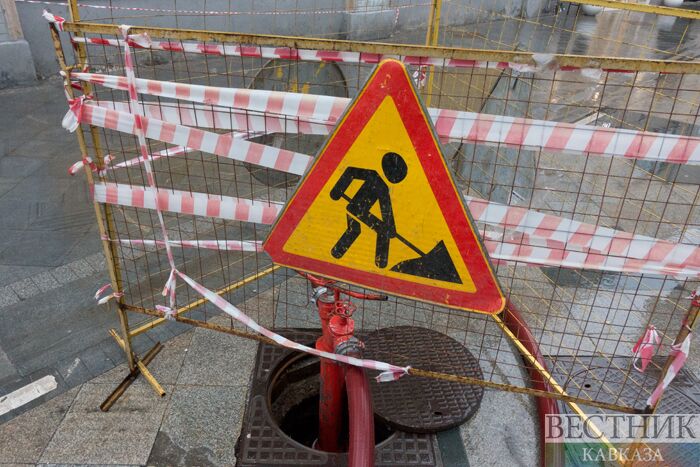A draft of the new Code of Administrative Offenses may be submitted to the State Duma in March 2020. After the authorities approve the updated Code, first deputy chairman of the State Duma Committee for State Building and Legislation Vyacheslav Lysakov promises to finalise the adoption of the law on confiscation of vehicles of drunk drivers.
"The Government of the Russian Federation is currently working on a new version of the Code of Administrative Offenses. Given that we have been systematically working on the chapter 12 in recent years, it will not be changed much. First of all, it is necessary to adopt a law on bail for drink driving, oversaw by Deputy Minister of Justice Dmitry Arestov, while I led the working group. We almost adopted this law, but decided to play it safe about the circulation of money," Lysakov said.
According to him, the bill is aimed at solving the problem of non-payment of fines by those who were detained while drunk driving: "Drivers who were punished for drink driving must pay 30 thousand rubles under the law, while being deprived of the right to drive a car for 1.5-2 years by a judicial decision, but as little as 30 per cent of those punished pay a fine. That is, people get off with a slight fright. Why is the penalty imposed? It should motivate the driver to take the right attitude to the law and driving regulations. If the driver was deprived of the driver's license for drink driving, but he didn't pay a fine, it would encourage him to do it again. In order to prevent it, the bill proposes that when the vehicle is detained and administrative proceedings are instituted in connection with drunk driving, the car should be returned on the same day, but only after paying the bail. That is, after paying 30 thousand rubles, you can take your car back, and if the court decision is in your favor (which rarely happens), you get the money back. And if you are found guilty, this money will automatically go to the regional budget, because this bail is equal to the amount of the fine."

According to the deputy, such a measure will help to relieve the federal bailiff service: “It shall no longer collect fines. And this is also money: legal costs, payment for works performed by bailiffs, etc. We take a lot of efforts to combat drink driving, and this law is important for motivating drivers, because 30 thousand is very serious money for provinces. In some regions, 30 000 is a family budget for several months. So, if we ensure the inevitability of a fine, the next time some wife will wist her husband's head off than allow him to drink and take risks."
As for the non-fined speed limit, Vyacheslav Lysakov stands for 20km/h. They plan to reduce the non-fined speed limit in Russia to 10 km/h, however, as Lysakov said, the main argument in this case is "that's not how it works in the West." "But in the West, police do not take bribes, no one puts signs restricting speed on federal highways in the West, but here you go 90 km/h or 110 km/h, and suddenly see a limit of 20 km/h or repair works. And it looks nothing like repair, they haven’t started it yet and maybe it will take another six months to start it, but they put signs and cameras there already,” the deputy complained.

In his opinion, 20 km/h enables drivers, especially professionals to watch the road instead of watching the speedometer
The deputy named the audit of the road network, the need to remove “speed traps” from the federal highways, as well as ensure that plans and projects for organizing traffic meet the rules and federal laws as urgent problems.






